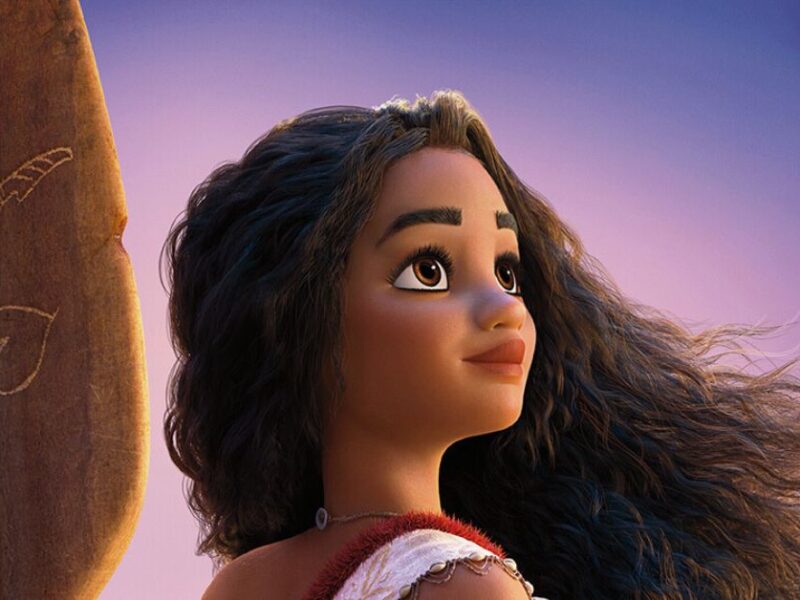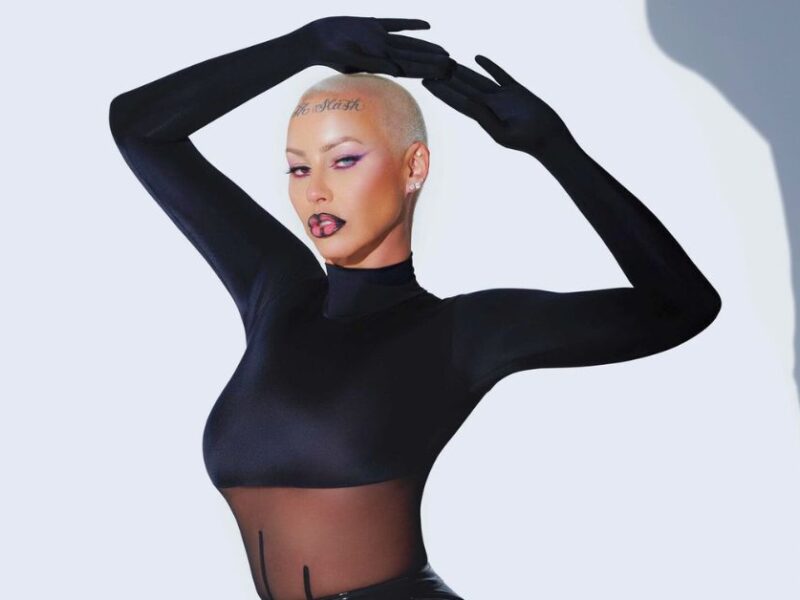Director Denis Villeneuve, known for his work on films like Dune and Blade Runner 2049, recently shared his thoughts on the future of filmmaking. Speaking at special screenings of Dune: Part Two and the BFI London Film Festival, Villeneuve highlighted the importance of human creativity in cinema. He expressed concern about the growing influence of AI (artificial intelligence) in the industry. While AI may offer new opportunities, Villeneuve thinks it can never replace the special teamwork that happens with humans.
Villeneuve described filmmaking as a “collective act of creativity,” highlighting how different artists come together to create something meaningful. He said, “In the end, it’s cinema, it’s storytelling.” For him, this process is what makes filmmaking special, and he is certain that AI-generated films will never fully replace that.
While using computers to make films could be an interesting idea, Villeneuve argues that it would lose the “beautifully human” element of teamwork that gives movies their power.
Villeneuve enjoys writing dialogue but dreams of making a film that tells its story purely through images, without words. Speaking at the BFI London Film Festival, he shared his desire to create a film that communicates emotions and ideas only through visuals. He used Dune: Part Two as an example, where Zendaya’s character, Chani, delivers a powerful performance with minimal dialogue, showing how silence can be a strong storytelling tool.
Dune: Part Two is not only a beautiful movie to look at; it’s also a very personal love story. Villeneuve stressed that the heart of the film is the relationship between Paul Atreides (played by Timothée Chalamet) and Chani (played by Zendaya). He wanted to balance the action scenes in the movie with personal moments between characters to keep the emotional connection strong
“Villeneuve works hard to make beautiful movies, which shows in the sandworm-riding scene that took 44 days to film. He took his time, using natural light and realistic special effects to make the scene look real.
With a background in biology, Villeneuve helped design the sandworms for Dune. He worked closely with production designer Patrice Vermette, studying real-world animals to understand how the sandworms’ skin would survive the harsh desert conditions of Arrakis. This focus on details shows Villeneuve’s dedication to making the world of Dune feel real for the audience.
Despite his success, Villeneuve admits that not every day on set is easy. Sometimes he feels like his performance is “out of tune,” like a musical instrument playing the wrong note. However, he’s learned that it’s okay to make mistakes, and if necessary, scenes can be reshot. “You can always reshoot,” he joked, showing that even experienced directors face challenges.
Villeneuve also confirmed that a third Dune movie, based on Frank Herbert’s novel Dune Messiah, is in development. However, he pointed out that it won’t be a regular trilogy. He views the first two Dune movies as a set that adapts Herbert’s original book. If he moves forward with the third film, he wants it to have its own unique identity, different from the first two.
While Villeneuve is excited about new technology, he strongly believes that filmmaking is really based on human creativity. For him, cinema is not just about the latest gadgets or special effects—it’s about telling stories that connect deeply with people. As AI becomes more common in creative fields, Villeneuve’s message is clear: the special connection between people in filmmaking can never be replaced.
By pushing the boundaries of cinema, Denis Villeneuve remains a champion of storytelling from the heart, reminding us of the power and beauty of human creativity.



